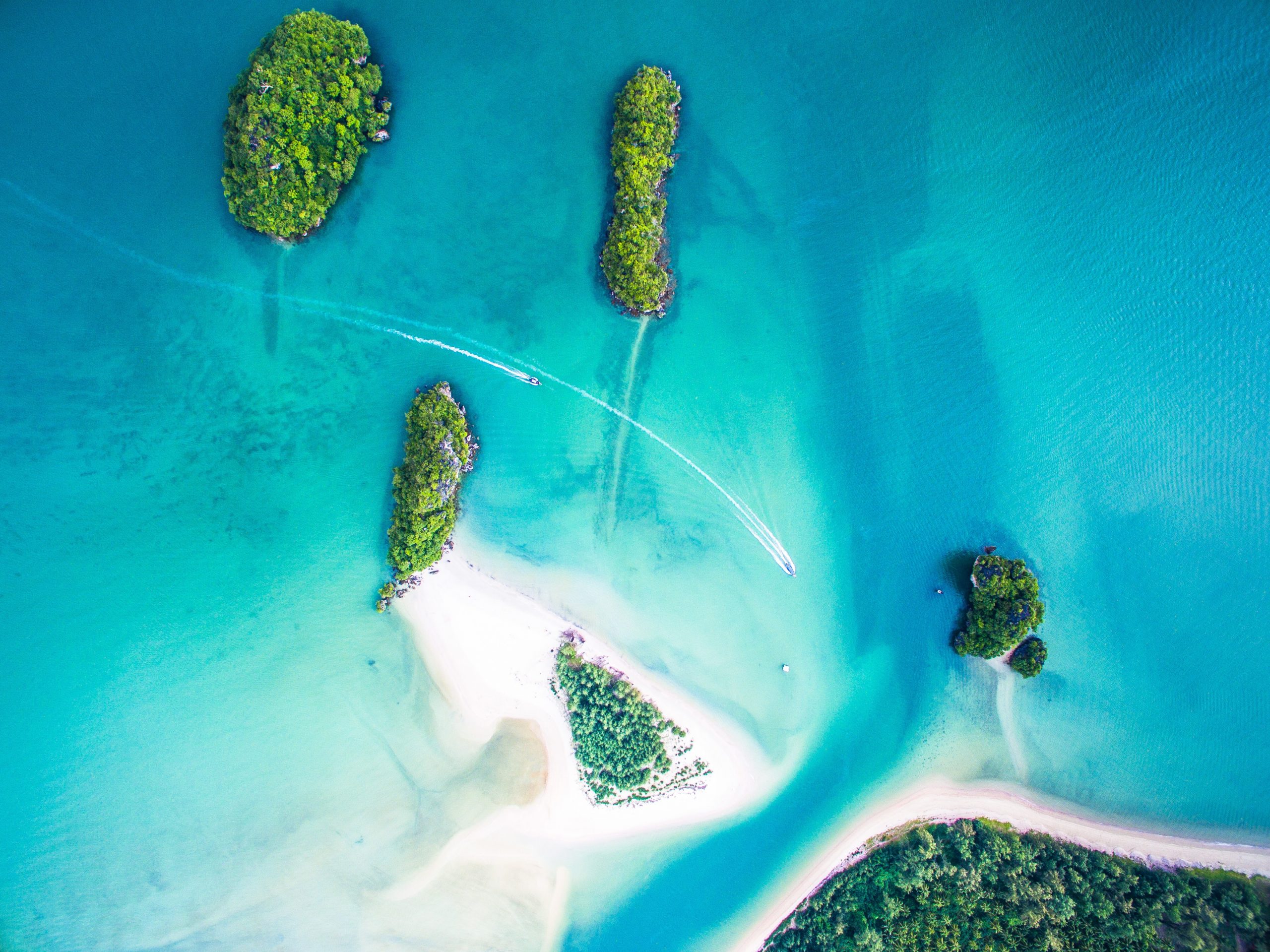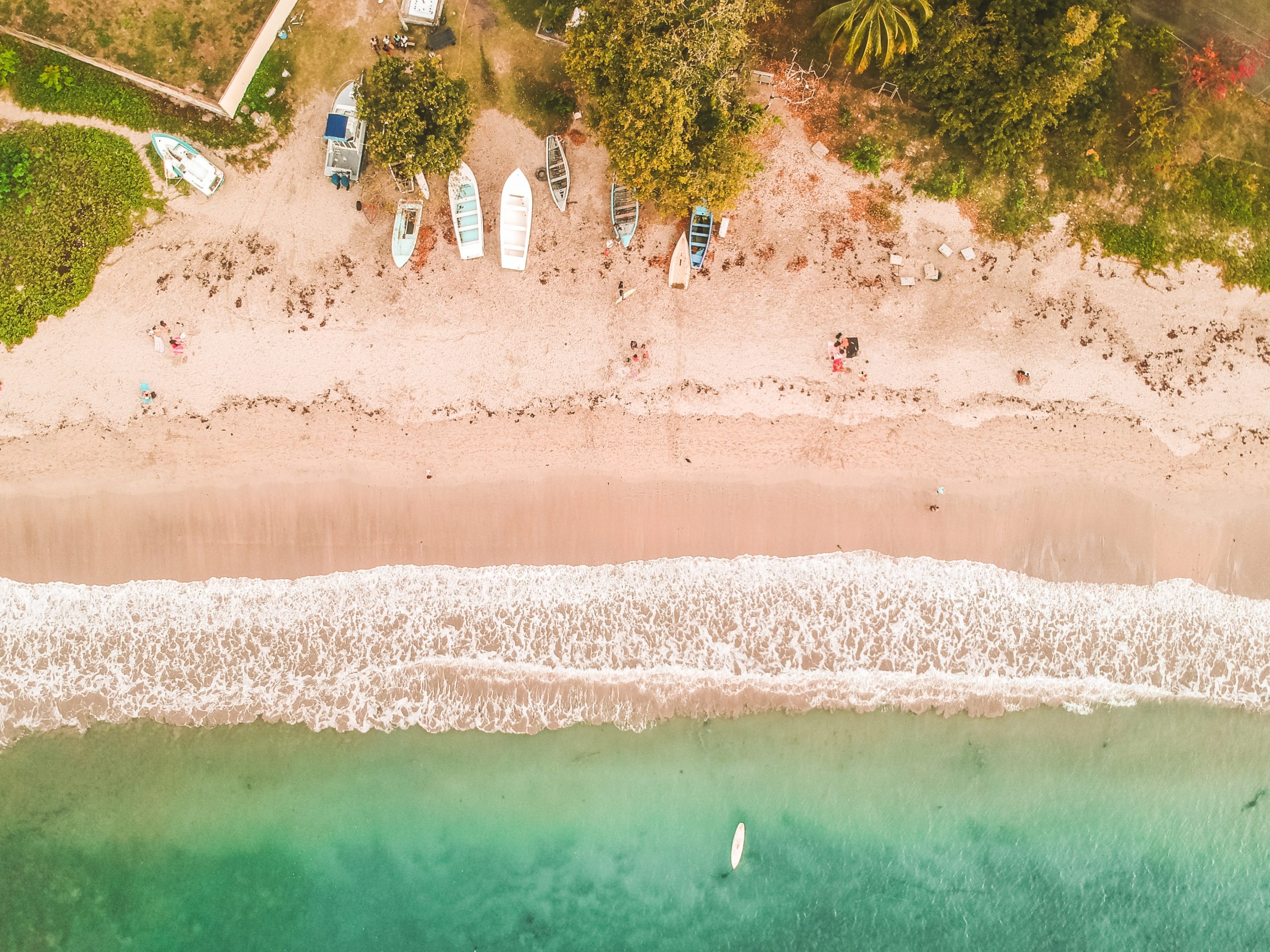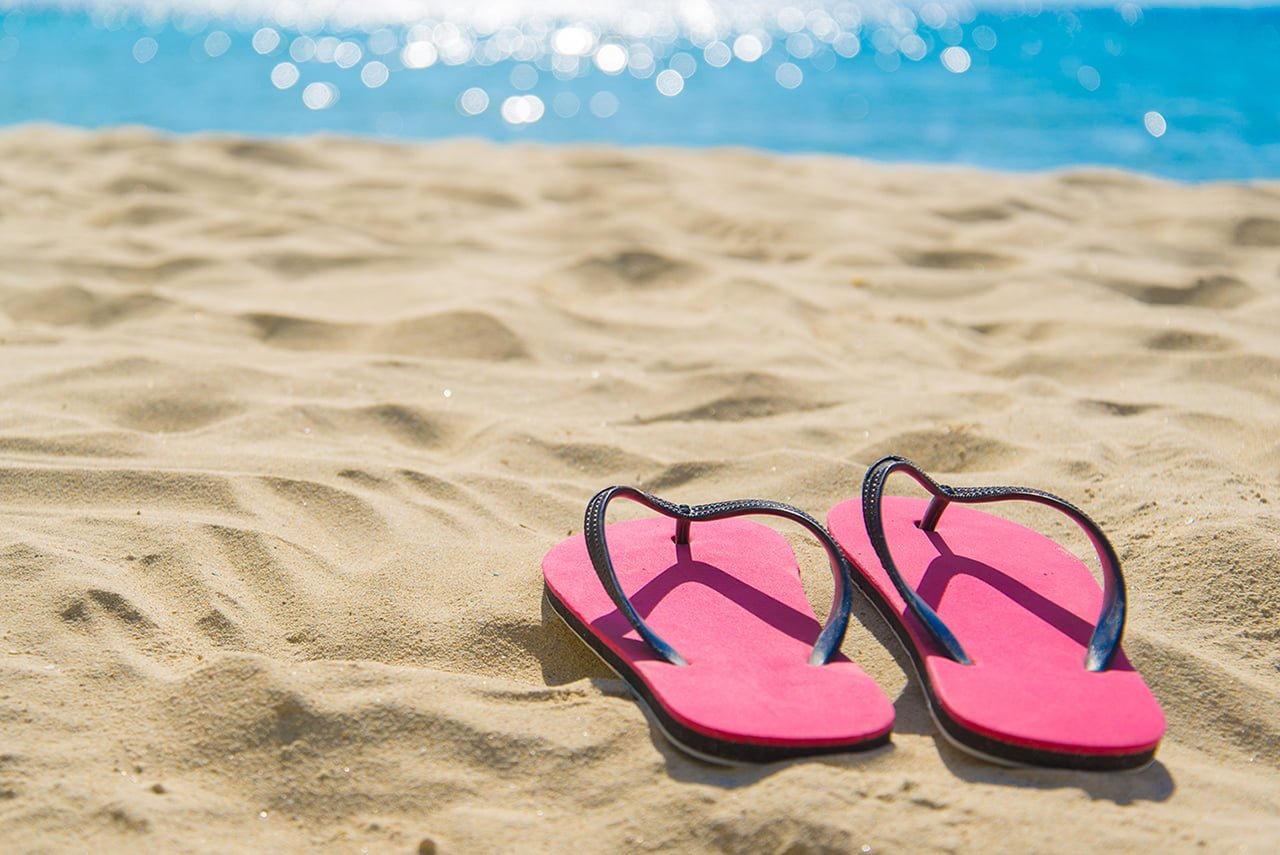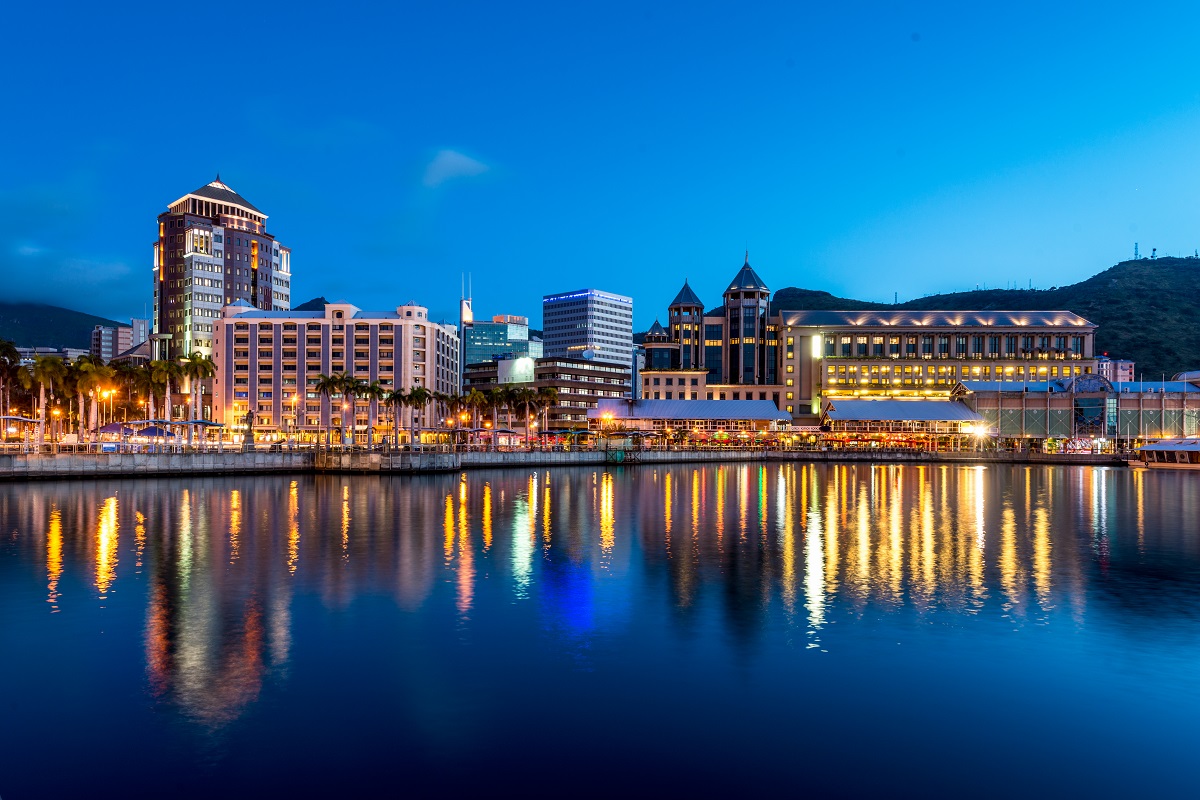1. What according to you are the main advantages of investing in Mauritius for:
a) an individual?
b) a company?
Any individual or company that is considering an overseas investment has the same issues beforehand. They will weigh the benefits against the disadvantages or risks associated therewith. Different profiles will give varying weight to the different criteria involved based on their personal motivations.
For the purposes of this exercise, it is important to distinguish between individuals who invest in order to make a change in their lives on the one hand and those who invest in Mauritius in order to undertake business activities on the other (investments made by companies and especially the corporate interest are usually motivated by an economic gain).
The key decision criteria for an individual investing in Mauritius for a life change will include factors affecting his personal environment such as leisure, safety, the healthcare system, education and climate.
Other criteria will come into play for those making an investment for the purpose of carrying out business activities in Mauritius or manage their business activities from the country. These include economic stability, air connectivity, high-bandwidth digital access and the ease of doing business. The same applies for other legal entities wishing to invest in Mauritius.
It is worth noting that Mauritius has reached upper middle-income country status with a GDP per capita of USD9,200. The country is also internationally recognised for its governance framework as well as its business- and investment-friendly environment.
Mauritius has become a flourishing domestic economy as well as a platform to invest and do business in Africa, the Middle East and Asia through its dynamic financial centre, which accounts for more than 10% of national GDP. All these activities are governed by a network of treaties and trade agreements that go beyond the country’s membership in major regional trade blocs.
The benefits of investing in Mauritius largely stem from its greater economic and business relevance than other jurisdictions that capitalise on tax benefits and opacity of transactions. This is what differentiates Mauritius from jurisdictions relying purely on tax optimisation products, which often entail risks. Such is not the case in Mauritius.
Mauritius provides significant non-tax benefits
Situated in an ideal time zone, Mauritius provides significant non-tax benefits in a politically, socially and economically stable environment. The country’s legal framework is investment-friendly with a culture of confidentiality in a well-regulated financial sector.
A number of international banks as well as reputable law and accounting firms are also present in Mauritius with large networks of highly skilled bilingual professionals at unbeatable costs.
These benefits are topped off by a simple tax environment, but again I insist that taxation should in no way be the primary motivation.
While there is a large number of legal regulations governing real estate transactions in the different European countries, it is important to point out that the Mauritian property law is modelled on French law, following the principles laid down by the French Civil Code.
The deeds of sale are signed before a notary and the concepts of off-plan sale (Vente en l’État Futur d’Achèvement – VEFA), preliminary reservation agreement (Contrat de Réservation Préliminaire – CRP) and performance bond (Garantie Financière d’Achèvement – GFA) are widely used and provide foreign investors with the legal assurance they need.
The Republic of Mauritius is among those countries that position themselves as jurisdictions of substance and whose value added lies above all in the level of expertise and know-how. This explains the fine balance between a business-friendly environment (resulting from the synergy between public authorities and private sector professionals) and modern tax policies which promotes investment.
2. How according to you is Mauritius positioned in relation to other destinations around the world? What are your thoughts on the fact that the Mauritian lifestyle is often cited as a primary criterion for choosing the destination?
Indeed, many foreigners dream of living in Mauritius. The beaches, lagoons and warm weather all year round are the first reasons put forward by those who have not yet had a chance to visit the island. And they are perfectly right!
But those who are familiar with the destination would add to this the harmony that prevails in the country. Mauritius is a multicultural nation, and kindness and smiles are part of the DNA of each of its inhabitants, allowing them to live in perfect harmony.
The beaches and lagoons are definitely beautiful, but Mauritius above all opens a world of possibilities for anyone looking for a destination that is known for its ease of doing business in an exceptional living environment, with an internationally acclaimed quality of service.
Mauritian people live mainly outside. The days are long with excellent natural light. A multitude of sporting activities can be enjoyed in Mauritius, from the lagoons to the very heart of the island, with lush and generous nature that is an invitation to leisurely pursuits.
Mauritius also draws its unique culinary and cultural diversity from a melting pot of people of different origins. The country presents itself as a springboard due to its proximity with France (through Reunion Island), Africa and Asia, which facilitates all kinds of trade and transactions.
Mauritius is an ideal destination to grow and focus on true values, such as sharing, openness and tolerance.
3. What are the tax benefits of purchasing property in Mauritius?
Mauritius has a simple tax system: VAT, income tax and corporate tax are all capped at 15%, including tax on rental income; this is coupled with the absence of inheritance tax for deceased persons with tax resident status in Mauritius.
There is no tax on dividends, net worth or dividends.
Additionally, there is no land or property tax in Mauritius.
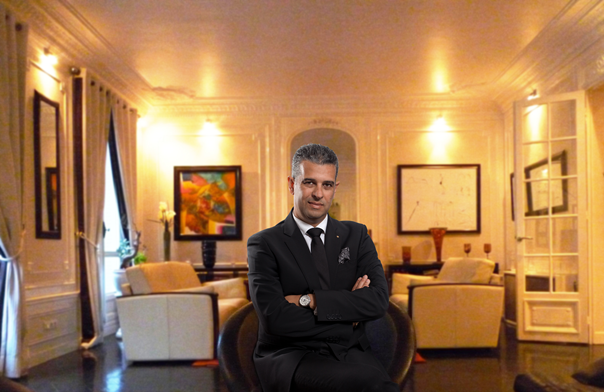
Joël Rault has left his diplomatic post to resume private practice within his consultancy firm, Hermès Advisory, as a logical continuation of the activities of a former ambassador for whom economic promotion was a top priority during his mandate.
Drawing on his previous experience in the private sector and as Ambassador Extraordinary and Plenipotentiary as well as Senior Adviser to the Deputy Prime Minister and Minister of Finance of the Republic of Mauritius, Joël Rault leverages his knowledge of economic development to deliver extensive services.
He uses his visibility, network and knowledge of the economic and political system in Mauritius, Africa and France as well as his public relations skills, among others, to support any organisation that wishes to move closer to Mauritius, Africa or France.


